Blog
The Latest from Our Team

A History of Microsoft .NET, Part 5: 3.5 SP1 (ADO.NET Entity Framework)
SqlConnection, SqlCommand, SqlDataReader, and SqlDataAdapter are classes we were very familiar with in 2008. If you wanted to write a database query, you were probably using a combination of these classes. Things changed in 2008 with the release of .NET 3.5 SP1, giving .NET a Microsoft-provided Object-Relational Mapping (ORM). A lack of ORM was becoming…
Read more…
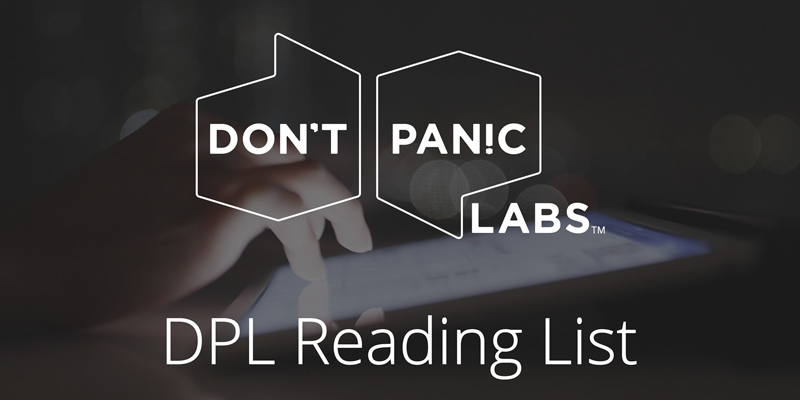
DPL Reading List – August 20, 2021
Each Friday, we share a curated list of articles we found during the past week. Here’s the list of the new and interesting ones we found for the week ending August 20, 2021. If there’s an article you think we should read, let us know in the comments below. Satellites Can Be a Surprisingly…
Read more…

Using AWS Cognito
AWS has a lot of great services, but one of the most useful is also one of the least sexy: a basic user management service called Cognito. Cognito provides authentication for users in the cloud. For those of us used to the Azure world, think Azure B2C but with a less awkward configuration. I actually…
Read more…
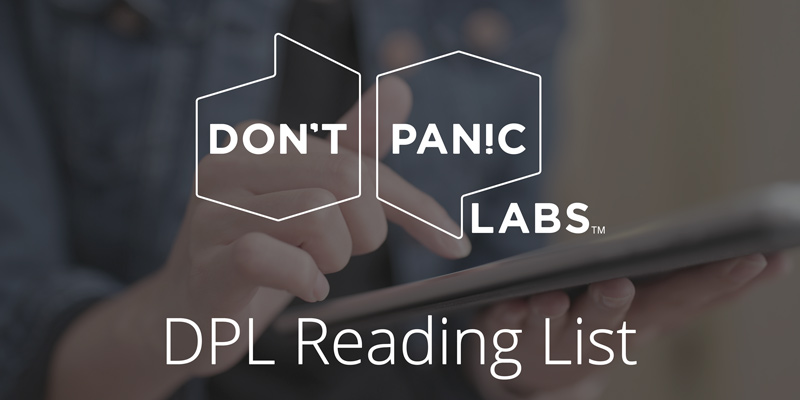
DPL Reading List – August 13, 2021
Each Friday, we share a curated list of articles we found during the past week. Here’s the list of the new and interesting ones we found for the week ending August 13, 2021. If there’s an article you think we should read, let us know in the comments below. Today’s Firefox 91 release adds…
Read more…
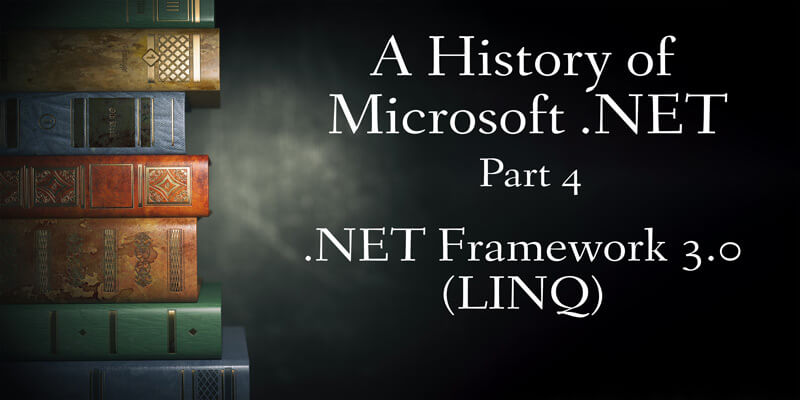
A History of Microsoft .NET, Part 4: .NET Framework 3.0 (LINQ)
We have covered a lot of history in this series so far. We have covered many incremental improvements to C# and .NET. Things such as Auto-Implemented Properties were improvements, but they felt like incremental improvements to the language (although I think that one notable exception would be the addition of Lambda expressions). LINQ wasn’t a…
Read more…
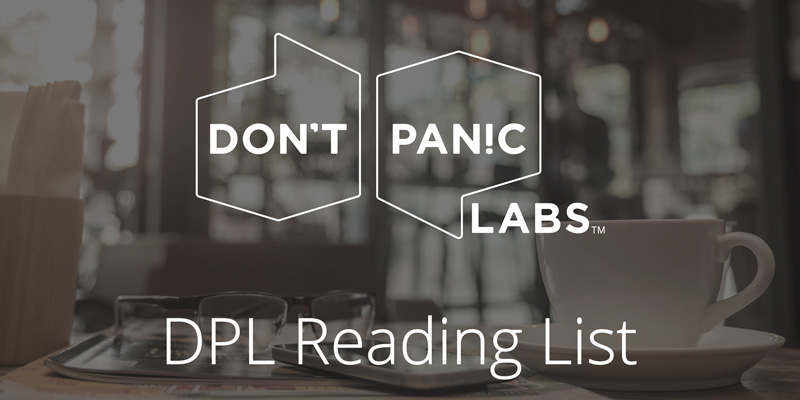
DPL Reading List – August 6, 2021
Each Friday, we share a curated list of articles we found during the past week. Here’s the list of the new and interesting ones we found for the week ending August 6, 2021. If there’s an article you think we should read, let us know in the comments below. Microsoft 365 will ditch Internet…
Read more…

Our Big Employee Engagement Opportunity
The recent news cycle has been relentlessly documenting the effects of the pandemic on our workforce and attempting to predict where we all go from here. Almost every business leader I’ve spoken with recently has this as a concern. And it’s no wonder, given the sheer amount of change happening, the amount of uncertainty, and…
Read more…
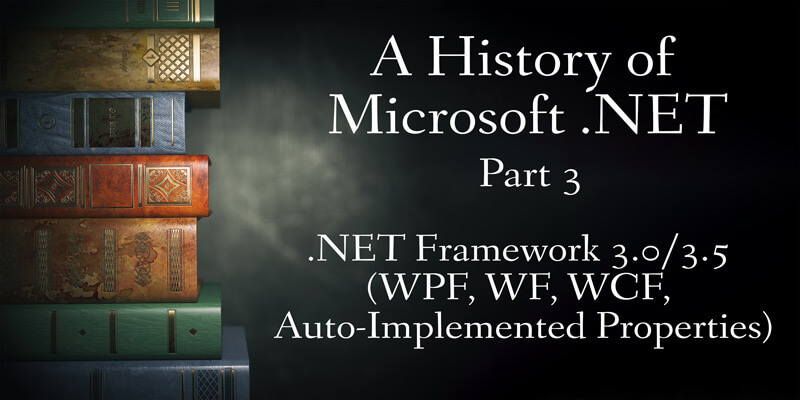
A History of Microsoft .NET, Part 3: .NET Framework 3.0/3.5 (WPF, WF, WCF, Auto-Implemented Properties)
.NET 3 was a pretty big change, maybe the most significant change since the creation of Microsoft .NET Framework. It was fundamentally changed in ways that brought in many amazing features into the language. Here I will cover WPF, WF, WCF, and Auto-Implemented Properties. The first change was WPF, which stands for Windows Presentation Foundation….
Read more…
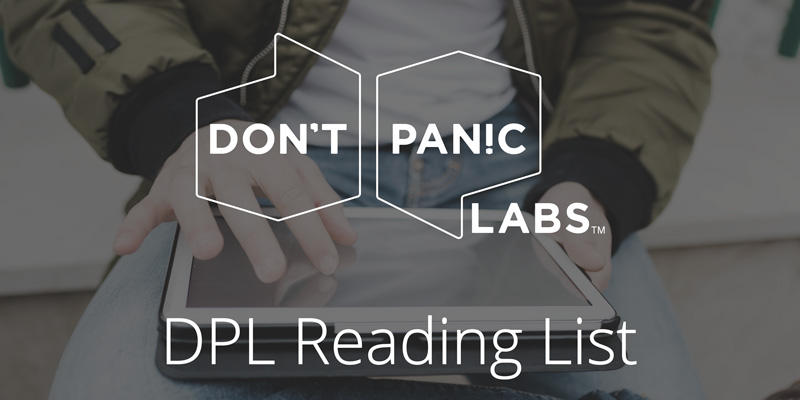
DPL Reading List – July 30, 2021
Each Friday, we share a curated list of articles we found during the past week. Here’s the list of the new and interesting ones we found for the week ending July 30, 2021. If there’s an article you think we should read, let us know in the comments below. This robot made a 100,000-domino…
Read more…

AWS Lambda with Azure DevOps
AWS Lambdas are, from a technology perspective, a lot like Azure Functions. They provide a simple and cost-effective way to host code in the cloud, and they can respond to a variety of events such as HTTP requests or queue triggers. Azure DevOps is a platform for hosting projects in the cloud, including task management,…
Read more…